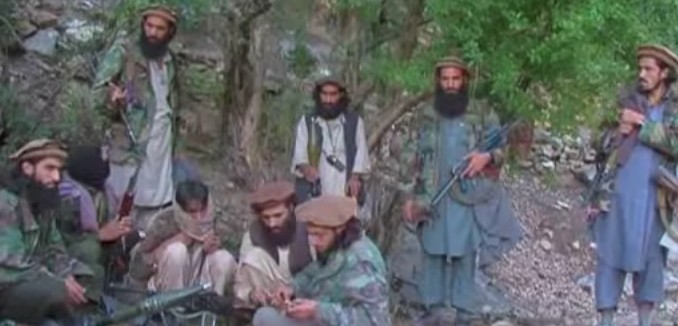Iran’s presence in Afghanistan, which is growing alongside that of the Islamic State of Iraq and Syria (ISIS), “promotes chaos and radicalism” within the country and harms “forces of moderation and order,” Kyle Orton argued in an analysis published today at National Review Online.
While Iran has claimed that it has increased its funding to the Taliban in order to fight ISIS, Orton observed that this claim is dubious because the record “shows consistent Iranian support for anti-Western Sunni jihadist forces in Afghanistan from the beginning of the Western intervention in 2001.”
Iranian financial support to the Taliban has been constant since 2001, and Iran’s military support began before the invasion, continued during the invasion, when Iran offered anti-aircraft weapons to the Taliban to “use against the United States and Coalition forces,” and has been increasing since at least early 2007. A congressional report from October 2014 noted that Iran’s “lethal assistance, including light weapons,” to the Taliban was ongoing.
Iran “formalized its alliance with the Taliban by allowing the group to open an office in Mashhad” at the beginning of 2014, the Wall Street Journal recently reported. Iran has been “training Taliban fighters within its borders” at four terrorism camps.
Orton further reported that Wikileaks documents reveal that Iran sent money to the Taliban to target coalition forces and members of the American-backed government.
The 2005–06 documents reveal that Iran offered bounties for the murder of NATO soldiers and members of the elected Afghan government. Later reports indicated that this policy continued into 2009, when Iran was working in tandem with al-Qaeda to spread the Taliban’s reach in southern Afghanistan. This should hardly come as a surprise: The 9/11 Commission reported that Iran began training al-Qaeda jihadists through Hezbollah in 1992 and collaborated with al-Qaeda on the Khobar Towers bombing in Saudi Arabia in 1996. To this day Iran maintains an al-Qaeda network on its territory, which supplies weapons, money, and fighters to Jabhat an-Nusra in Syria.
Even though Afghanistan is a Sunni majority country, Iran has a presence in its northern and western regions where Hazara Shiites lives. Iran has been recruiting Hazara Shiites to fight in Syria and defend the regime of President Bashar al-Assad.
Back in June, The Wall Street Journal reported on Iran’s expanded financial and military support of the Taliban.
As Orton noted, the Taliban is not the only Sunni jihadist group supported by Iran, which also backs al-Qaeda. In May, Michael Pregent produced a map of Iraq showing that Tehran, despite its claims to the contrary, was not working to defeat ISIS. Pregent observed that Iran sees ISIS presence in Iraq and Syria as a means to justify its own activities there, and to assert “that their allies in both countries are the only thing preventing a jihadist takeover.”
[Photo: CNN / YouTube ]




